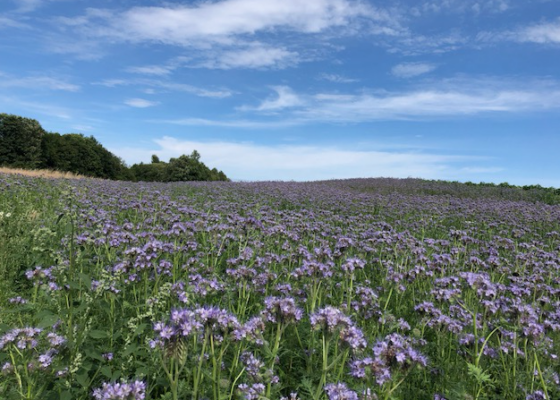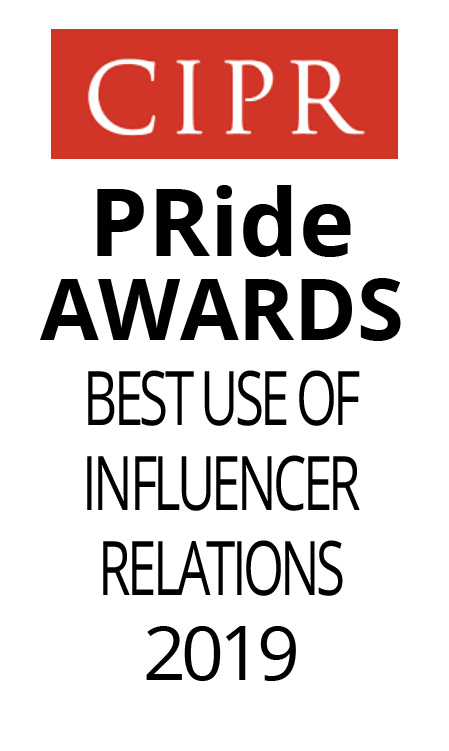It’s great to see honey bees making headlines for two reasons. One, because they matter so much, our insects, and two because I wrote the headline.
Little things make such a difference. How will the swallows have the strength to fly back next summer if there aren’t enough insects for them to eat? How would we feel if we never heard another bird sing?
Scientists have been warning us for a long time that we must take care of every aspect of our environment. ‘The Silent Spring’ was first published by Rachel Carson in 1962, ‘The Little Things That Run the World’ in 1987 by Edward O Wilson, and ‘Buzz in the Meadow’ in 2014 by Dave Goulson. Last year we had Blue Planet. Each time the message gets louder and finally people seem to be hearing it and responding.
But at the same time, I think there’s a phenomenon happening like compassion fatigue, let’s call it Environmental Empathy Exhaustion.
It’s where we’re so tired of bad news, dire warnings and problems so big we can’t do anything about them, that we zone it all out and just carry on as normal.
That’s why I wanted to make this year’s headline about the Honey Survey a positive one. The actual honey crop in 2018 at 30lbs per hive isn’t great. It’s a rubbish amount compared to “the old days”. But I came across a little chink of hope. A farmer in Northumberland planted a crop called phacelia, or purple tansy, in an old-fashioned crop rotation kind of way. The nearby beekeeper, one of our Adopt a Beehive representatives, told me the effect on his honey bees was ‘astounding’. And this was from someone who’s been keeping bees for more than sixty years. The phacelia also seemed to be good for the farmers next crop, oil seed rape.
This chink of hope is what we built the story around about this year’s honey crop. There is still plenty to worry about for honey bees, for all insects, for all of nature. But I think people want good news and positive examples to engage them in environmental issues.
Each one of us, in the grand scheme of things, is a little thing. Just one of 7.7 billion people on the earth. But this story shows we can make a difference by what we do, that individual little actions will make a difference, and that good, positive PR can play its part too.
To Adopt a Beehive with the BBKA please go to www.adoptabeehive.com









